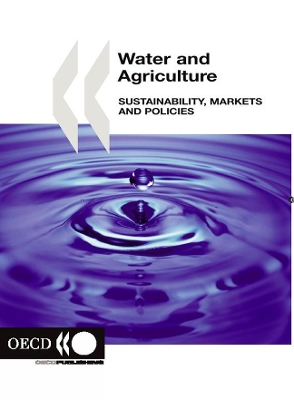Part of OECD Water Resources and Sanitation Set - Buy all four reports and save over 30% on buying separately! Agriculture is a major user of water and is responsible for much of its pollution. But the agricultural sector faces increasing competition for scarce water supplies from urban and industrial users and, increasingly, to sustain ecosystems. The 21st century could see ever more extreme weather events, from floods to droughts, which could have significant impacts on where farms are located and what they produce. There is growing interest by both governments and the private sector in expanding the role of markets to allocate water used by all sectors, including agriculture, and to get producers to account for the pollution that their sector generates. But how can these objectives be achieved so that farmers can both efficiently produce enough food while ensuring that sufficient water is available for environmental needs? What is the role for different types of policies, management practices and property rights? What are governments actually doing and how effective are their actions? The OECD Workshop on Water and Agriculture addressed these questions. It concluded that countries must make greater efforts to develop policy mechanisms to take into account the economic, environmental and social costs and benefits of water used in agriculture, and to ensure that it is sustainable in the long run. The Workshop recognised that countries are at very different stages in developing water pricing and trading systems, and that a wide range of ownership, regulation and management practices prevail across countries. Policies need to reflect these differences across countries, but the involvement of stakeholders in developing, designing and implementing policies and approaches is crucial everywhere.
- ISBN10 1843391295
- ISBN13 9781843391296
- Publish Date 9 October 2006
- Publish Status Active
- Publish Country GB
- Imprint IWA Publishing
- Format Paperback
- Pages 470
- Language English
